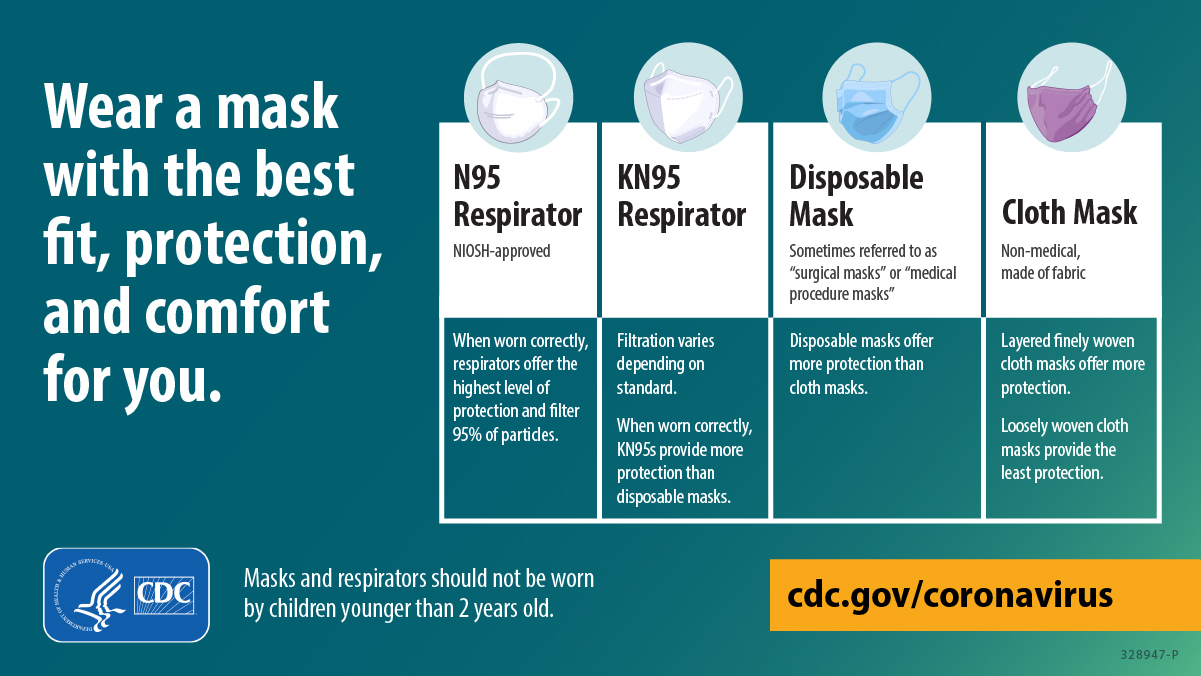Your Safety is Our Priority
![]()
The guidance provided by the University Health and Safety Committee is focused and rooted in your willingness, ability and comfort level in being back on campus.
Please remember that the situation surrounding the COVID-19 pandemic continues to be fluid, and we must remain cautious and flexible. Our approach and plan are subject to change.
Thank you for your commitment and patience as we work to ensure the safety and well-being of our KCU community.
General Guidance
Faculty, students and staff must comply with current guidance and protective protocols at all times. Those include but are not limited to:
- Wearing a face mask or face covering unless alone in a private office or work space that is enclosed;
- Maintaining physical distancing (at least 6 feet between you and others), including on elevators, on stairs and in stairwells, in common areas, in file rooms, in break areas, etc.;
- Not congregating in groups or forming lines with fewer than 6 feet between each person;
- Washing your hands regularly with soap and water for at least 20 seconds; using the alcohol-based sanitizers available throughout the workplace;
- Covering your sneezes and coughs with tissues, off to the side, or with crook of elbow, and disposing of all tissue properly after one use;
- Staggering breaks, not congregating in break rooms, and not sharing cups, food or utensils.
- All campus members are expected to participate in the simple steps of Advance Contact Tracing (“ACT”).
Adhering to our health and safety practices, especially regarding mask-wearing and physical distancing, is the best way you can minimize the risk that you will become infected.
Self-Screening
Beginning July 13, 2020, prior to coming to campus each day, every campus member must conduct a COVID-19 Health Screening self-assessment which will include taking your temperature and answering COVID-19 related questions about yourself and those with whom you have been in contact. This health screening will be available through the KCU Safety App.
Face Coverings

Currently, masks are required for everyone when indoors and when occupying a vehicle with another person for work purposes, except in the following circumstances:
- When an employee is alone in a room with floor-to-ceiling walls and a closed door.
- For a limited time while eating or drinking.
- When an approved individual exemption has been granted.
Guidance on masks and face coverings on campus will typically reflect the most recent CDC guidance and may not mirror local, city or county guidance. The current CDC guidance on masks can be found here.
In the event that there is no local, city or county ordinance for wearing a mask, at this time and due to the level of community spread in our area, it is still advisable to wear a mask indoors and/or during activities with close contact with others.
In general, you do not need to wear a mask in outdoor settings. However, in areas with high numbers of COVID-19 cases, consider wearing a mask in crowded outdoor settings.
Masks are required in all indoor spaces.
We recognize that people generally find more comfort in choosing their own face coverings, thus, students and employees will use their own masks, whether cloth or surgical.
When choosing a mask, look at how well it fits. Gaps can let air with respiratory droplets leak in and out around the edges of the mask. Gaps can be caused by choosing the wrong size or type of mask and when a mask is worn with facial hair.
It is important to check that it fits snugly over your nose, mouth, and chin.
- Check for gaps by cupping your hands around the outside edges of the mask.
- Make sure no air is flowing from the area near your eyes or from the sides of the mask.
- If the mask has a good fit, you will feel warm air come through the front of the mask and may be able to see the mask material move in and out with each breath.
From CDC Types of Masks and Respirators
Note that other types of improvised coverings, such as scarfs or bandanas, do not meet the above criteria. Also, face coverings are just one protective measure and should not be construed as a substitute for social distancing, personal hygiene and routine cleaning processes.